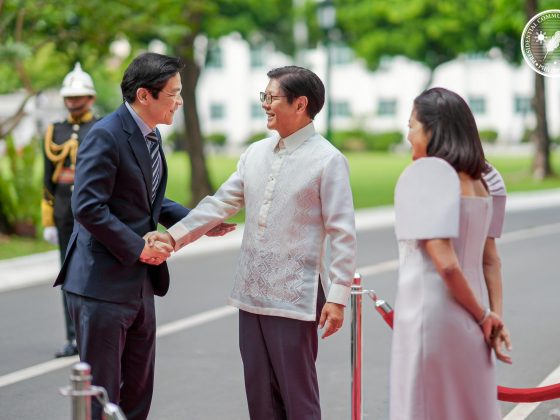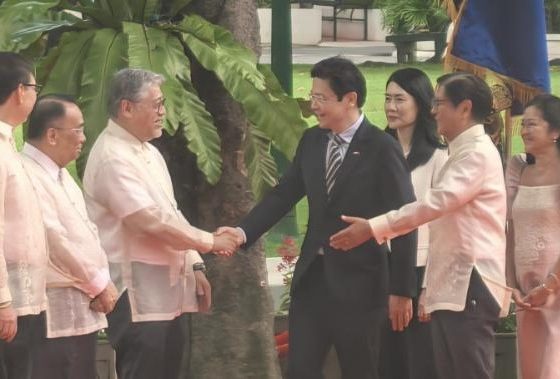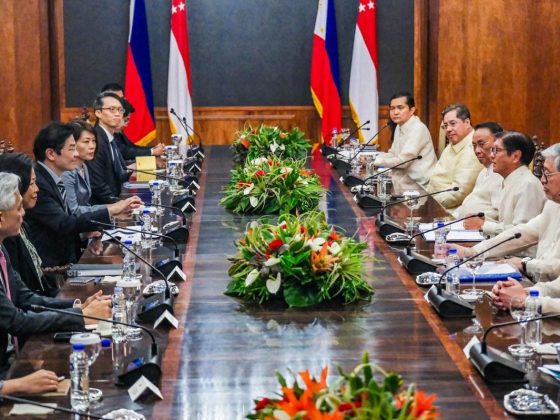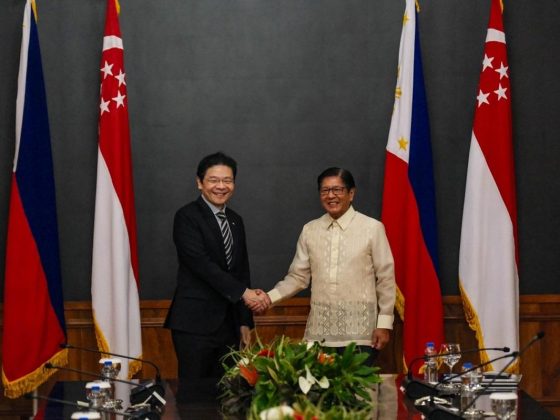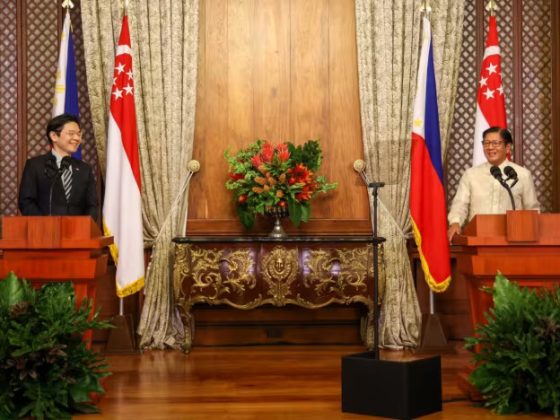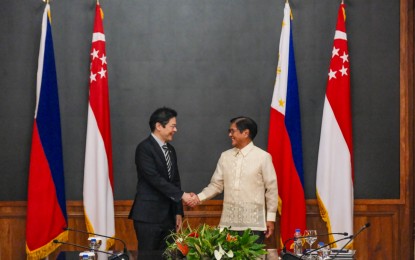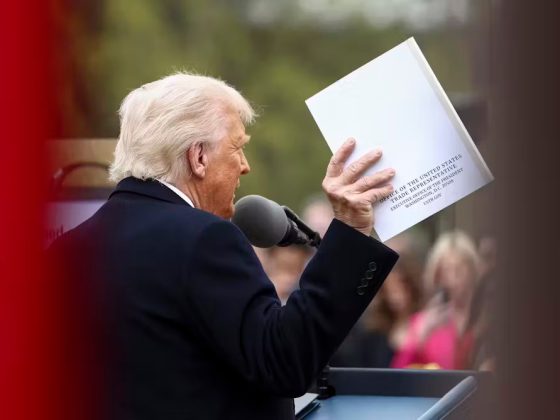MANILA — The country’s free trade agreements (FTAs) and other preferential trade schemes are expected to mitigate the impacts of the Trump administration’s reciprocal tariff on Philippine exporters, a government official said.
Philippine Economic Zone Authority (PEZA) Director General Tereso Panga said in a statement Friday that the country’s participation in the Regional Comprehensive Economic Partnership (RCEP), Association of Southeast Asian Nations (ASEAN), and the impending renewal of the European Union Generalized Scheme of Preferences Plus (EU GSP+) will help exporters to navigate the possible impacts of the 17-percent reciprocal tariff on Philippine goods entering the United States.
Aside from RCEP and ASEAN, the Philippines has FTAs with Japan, South Korea, and European Free Trade Association countries such as Iceland, Liechtenstein, Norway, and Switzerland.
The country is also a beneficiary of United Kingdom’s Developing Countries Trading Scheme, which is like the EU GSP+ that provides zero tariff on a number of goods entering the UK market.
Panga said the Corporate Recovery and Tax Incentives for Enterprises to Maximize Opportunities for Reinvigorating the Economy (CREATE MORE) will also facilitate investments into the country.
“PEZA believes these measures will mitigate the tariff impact and make the Philippines an even more attractive investment destination,” he said.
Panga acknowledged that Trump’s order for reciprocal tariffs worldwide presents challenges to its locators, particularly manufacturers of electronics and semiconductors and those in the information technology and business process management (ITBPM), with exports shares in PEZA at 44.5 percent and 28.5 percent, respectively.
These sectors’ top export market is also the US.
While the 17 percent tariff will make PEZA-made exports to the US more expensive for the American market, Panga said the investment promotion agency remains committed to support its locators.
He added the Marcos administration continues to implement measures that will enhance the Philippines’ competitiveness as a hub for smart and sustainable manufacturing and services.
“Given the strategic importance of our ITBPM and EMS-SMS (electronics manufacturing services and semiconductor manufacturing services) sectors as they account for our biggest exports to the US and are the major generators of quality jobs in the country, the government may lobby for a reduced tariff (sectoral) for our exports of electronics-semiconductor products and ITBPM services,” Panga said.
“This proposal is worth considering by the US since a big number of our EMS-SMS and ITBPM investors are American companies that provide critical support to their principals and major clients in the US —and whose products and services benefit most of the American consumers. As a sign of goodwill, the government may also offer to reduce the current duties on critical goods/services that we import from the US following the true spirit of reciprocal tariff.”
Since the Philippines has the second lowest US reciprocal tariff in the ASEAN, Panga said the country has solidified its position under a “China+1+1” strategy.
“This encourages businesses to maintain operations in China while diversifying their supply chains by expanding into the Philippines,” he said.
“By leveraging the Philippines’ strategic advantages and fostering a conducive business environment, PEZA aims to navigate the challenges posed by the new tariffs and sustain economic growth.” (PNA)
Source: PNA


